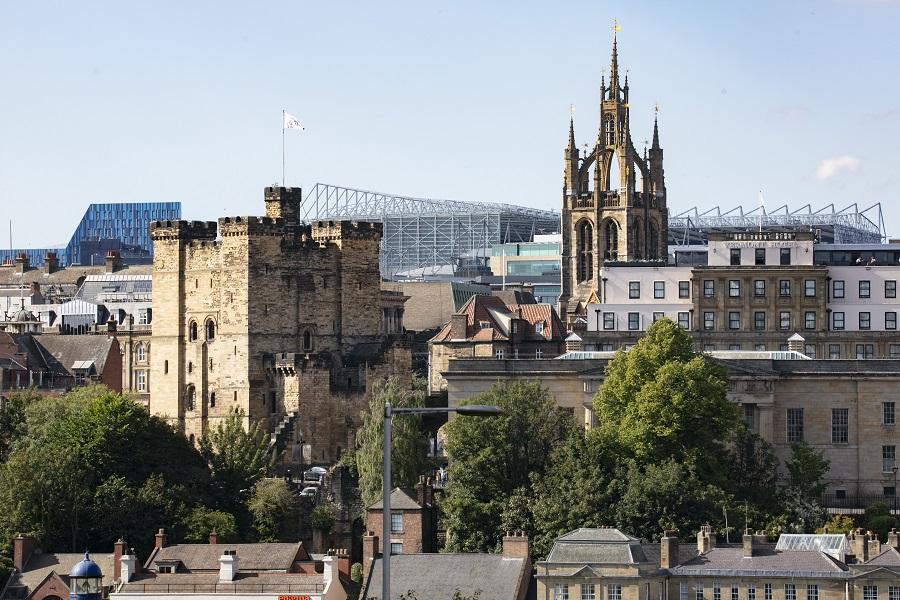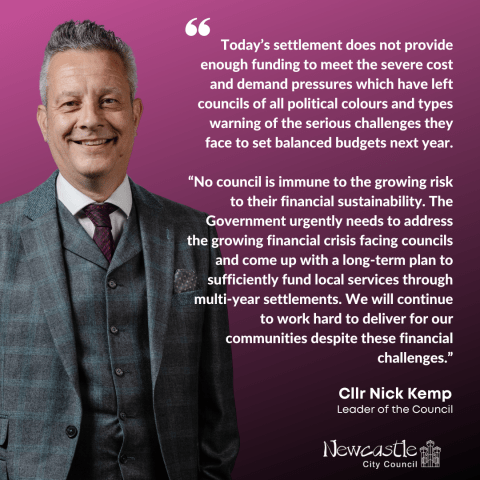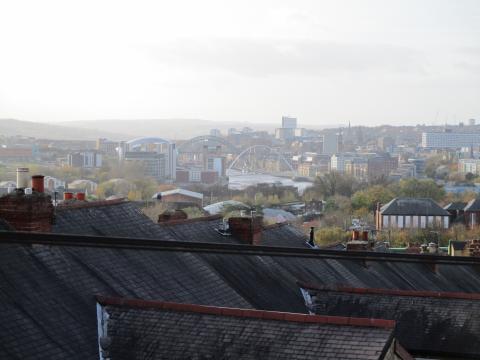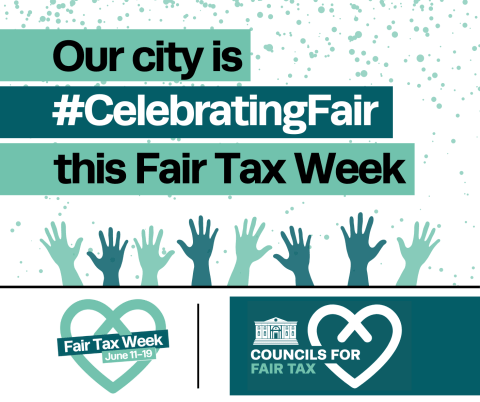24 November 2023
| | 5 min readDelivering for Our Communities: Our Medium-Term Financial Plan for 2024-2025 to 2026-27
Newcastle City Council has set out proposals to save more than £15m while protecting frontline services.

The council is facing tough decisions to balance next year’s budget due to Government cuts, inflation and increasing demand for services such as social care as more residents require support.
From 2010 to the end of 2023-24 the council will have saved £369m due to Government cuts and unavoidable cost pressures. Over the next three years it needs save £59.7m - £15.4m of it next year. It plans to do this by:
- Saving £6.3m through improving organisational efficiency
- Saving £2.2m by promoting independence and community resilience
- Saving £2.7m by reducing services where it is safe to do so
- Generating additional income of £4.2m
Cabinet will meet on Wednesday, November 29, to consider the proposals.
A public consultation will then begin on Thursday, November 30, and run until Wednesday, January 17, 2024.
Leader of Newcastle City Council, Cllr Nick Kemp, said: “The services we provide make a real difference in the day-to-day quality of life of our residents. It is my role as Leader to protect these services and to ensure that public money is invested in what is right for our residents.
“But after 14 years of sustained cuts to local government funding, there is a fundamental shift in the job we must do to balance our budget whilst meeting residents’ needs and priorities.
“In balancing this budget, we have taken every opportunity to review where and how our resources can be best invested. It is an iterative, year-round process that involves working closely with our partners to develop new ways of working that protect and strengthen our universal services, whilst prioritising the early help and prevention activity that builds our city’s resilience. This must be balanced with ethical investment that generates growth and grows the council’s revenue to ensure its future stability.
“The proposals in this medium-term financial plan are aligned with our refreshed Council Plan, which is the touchstone for our priorities and our decision making and sets out the council’s contribution to achieving our vision for the city.”
Proposals for 2024-25 being consulted upon include:
- Raising council tax by 2.99% in line with Government expectations
- Applying 2% increase in the Government’s Adult Social Care Precept
- Taken together these will add £95.78 per year to a Band D property or £63.85 per year to a Band A property
- Reduce subsidy to schools for school meals service saving £537k
- Delete vacant posts where there is no service impact saving £962k
- Increase charges for replacement wheelie bins, garden waste collection, parking permits and car parking to better manage the highway network raising £1.14m
- Reduce non-essential spending on telecoms, mobile phone contracts and repairs and maintenance among other services saving almost £718k
- No longer print the residents’ magazine Citylife twice a year and switch to online publication saving £49k
- Redesign our homelessness provision while commissioning a new service reducing beds and saving £822k while meeting statutory duties
- Close the City Library at 5pm on Tuesdays instead of 7pm saving £30k
Next year the council is forecast to spend £279.3m on day-to-day services and £155m on capital projects such as roads, houses, schools and other assets that support the economy and create employment opportunities. Money for capital projects cannot legally be spent on services.
Inflation continues to have a significant impact on the council’s finances. For example, the cost of pay, social care and contracted services has created a £25.6 cost pressure. Another £9.6m cost pressure from increased demand for services and £4.9m due to changes in grant funding, has pushed the council’s total cost pressures to £30.3m.
Cllr Kemp added: “Our three overarching priorities for Newcastle are key to achieving our vision. These are creating a thriving, inclusive economy, tackling poverty and achieving net zero by 2030 to make our city greener, cleaner and healthier.
“These budget proposals are just proposals at this stage – no decisions have been taken. I would like to invite as many businesses and residents as possible to take part in our consultation and tells us what they think. They have until January 17.”
Once the consultation closes, all comments and views will be presented with the council’s response in a report that will go to Cabinet on Monday, February 19, 2024. Cabinet will then recommend the report to a meeting of full council for approval on Wednesday, March 6, 2024.
There are various ways to take part in the consultation.
Try the online budget simulator, which allows participants to set their own spending priorities for the council – go to: https://www.letstalkbudget.org.uk/
Join the discussion on our consultation webpage: Let’s Talk Newcastle Online: www.letstalknewcastle.co.uk/, or send an email to: letstalk@newcastle.gov.uk
There will also be a section in the residents’ magazine Citylife for comments complete with Freepost address which will begin arriving through doors the first week in December.
If you would like to give us feedback on our website, please complete this short online form.







